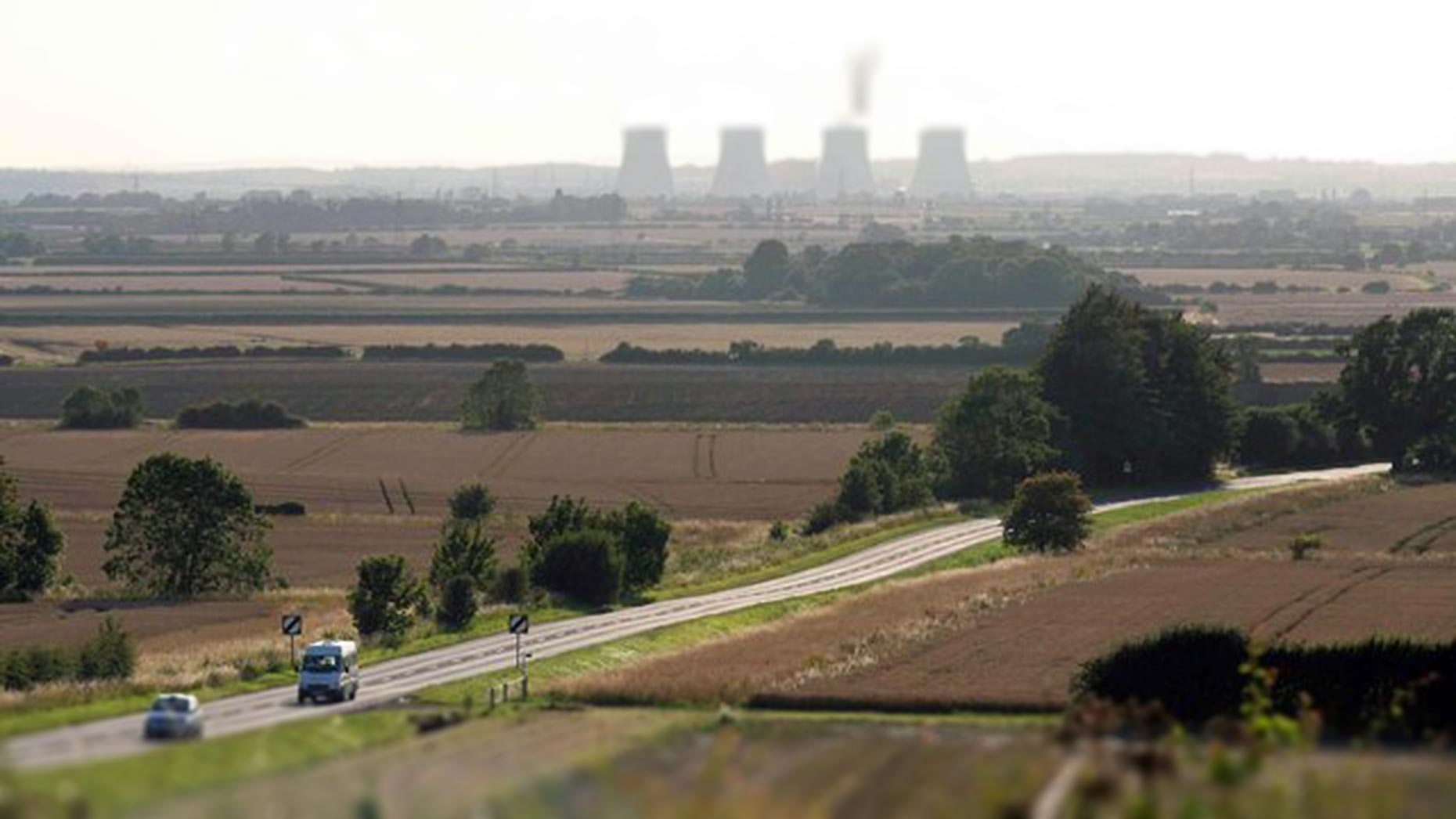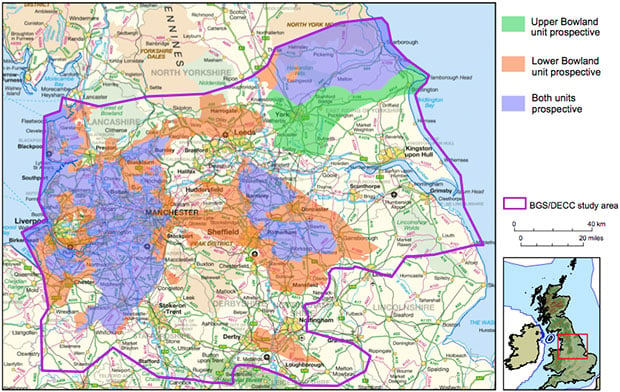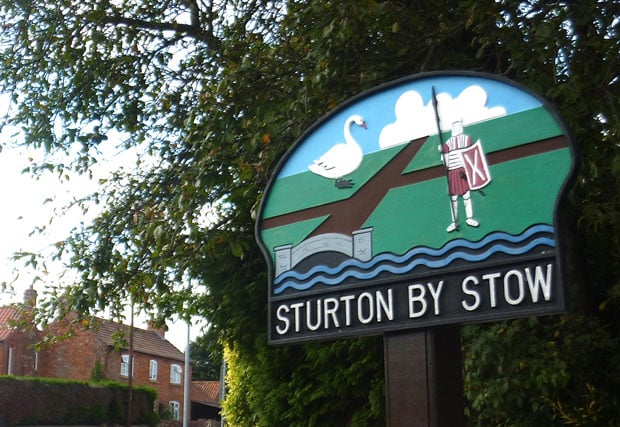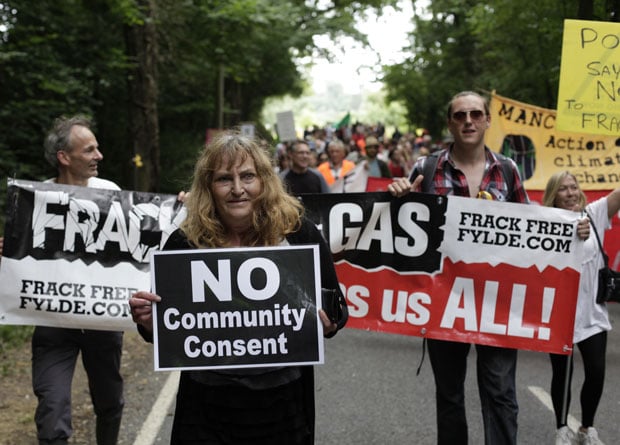Take a look around when you’re walking along a road, through a park or on the beach, and you’re bound to see plastic bags.
Tragically, plastic bags are becoming our legacy. We use 500 billion plastic bags a year globally – that’s a staggering one million plastic bags being used every minute.
In the UK, we’re contributing to this trend in an enormous way; UK businesses issue plastic bags at a rate of over 250 per second. So every second that’s ticking by sees tonnes more plastic waste entering the seas and oceans, harming or killing our wildlife.
Plastic bags don’t just pose the obvious threat of choking larger animals to death or starvation through malnutrition, they also break down into smaller and smaller pieces called microplastics. These microscopic particles can attract toxins onto their surface and small creatures eat these fragments, passing the toxins up the food chain. To us.
The Marine Conservation Society has been running beach litter surveys around the UK for the last 16 years – and they’ve found that litter on our beaches has increased by 110%, pushing the amount of litter to over 2,000 pieces for every kilometre surveyed. That’s 2 pieces of litter for every step you take.
As a conservation volunteer and Sea Champion for MCS, I’ve seen the effects first-hand to back up the grim statistics. Whether it’s a beach clean here in the UK or an underwater clean-up overseas, our plastic bag habit is pervasive and ubiquitous.
I’ve seen kids playing among rubbish at the coastline, watched marine life eat litter thinking it was food and witnessed once pristine areas blighted by trash.
Realising our obsession with plastic bags is gaining momentum. This week, Scotland introduced a 5p levy on single use plastic bags; it follows successful introductions of the levy in Northern Ireland and Wales. England is lagging behind, but is due to introduce the levy next year.
These fees have made a huge difference in the amount of plastic bags being handed out by retailers: when Ireland introduced a plastic bag charge in 2002, plastic bag use fell by 90%.
But towns and communities across the UK are now taking the initiative to really make a difference and say no to plastic bags full stop.
I’m campaigning for Lincoln to go plastic bag free, for retailers to stop handing out plastic bags, thereby halting the effects of our throwaway lifestyle.
It’s so easy to take a reusable bag shopping and is one of the simplest ways we can reduce our waste. We can even take this opportunity to create a Lincoln logo, which would be seen across the city and beyond, so artists and schools, let your creativity run wild and get thinking about a design for our new reusable bags!
We can really make a difference if we all make the change together. So show the council that you want to see Lincoln go plastic bag free by signing the petition; you can also write to the big supermarkets and high street chains to show them that we’re serious.
We can prove how positive and successful this is with a plastic bag free week before breaking the plastic bag habit altogether. If you’re a trader, get in touch to get involved and help lead the way in the fight against pollution.
I know we can show huge pride in our city, so come on Yellowbellies, flash your green streak and help make Lincoln go plastic bag free!
Karli Drinkwater is a scuba diver, wildlife advocate and Sea Champion for the Marine Conservation Society. She volunteers all over the world to help protect the environment through campaigning, taking part in eco-programmes, habitat/species surveys, beach cleans and underwater cleans. When at home in Lincoln, she makes short films about nature to bring about social change.










